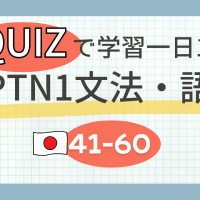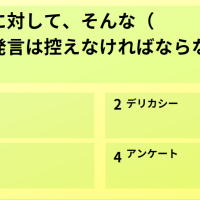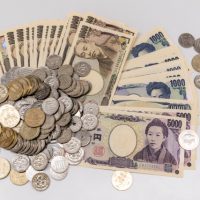The passive form in Japanese is used when you want to talk about the receiver of an action. The passive form is often used with words such as “おこる、 わらう、 とる、 ふむ、 かむ、 たのむ”.
In Japanese schools, many students are taught incorrect passive English translations. These sentences below sound sometimes very strange to native English speakers! *1★ However, sometimes the translations are correct:
USE 1: This form is used when someone is hurt or feels badly due to an incident or the actions of another person(めいわく: inconvenience の うけみ).
Examples:
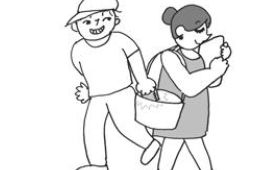
In this situation,English speakers might say, ”A thief stole my wallet.”
Translated to Japanese, 「どろぼうが さいふを ぬすみました」
This sentence is correct, but Japanese people rarely use this expression. When Japanese people felt badly or were hurt due to an incident or the actions of another person, we usually use “passive form.”
| steal = ぬすむ、ぬすみます | |||
|---|---|---|---|
| dictionary form | ます form | passive form present tense | passive form past tense |
| steal=ぬすむ | steal=ぬすみます | is stolen=ぬすまれる | was stolen=ぬすまれた |
| past tense | ます form past tense | passive form present tense ます form | passive form past tense ます form |
| stole =ぬすんだ | stole=ぬすみました | is stolen=ぬすまれます | was stolen=ぬすまれました |
| PASSIVE FORM | |||
|---|---|---|---|
| ★ In English; | |||
| A thief | stole | my | wallet. |
| どろぼうは | ぬすみました | わたしの | さいふを |
| ★ Translated to Japanese | |||
| どろぼうは わたしの さいふを ぬすみました | |||
| ************************* | |||
| ★★★ Japanese natural expression | |||
| I | by a thief | my wallet | was stolen |
| 私は | どろぼうに | さいふを | ぬすまれました |
| My wallet | by a thief | was stolen | |
| 私のさいふは | どろぼうに | ぬすまれました | |
In this situation, we say,
“I was stolen my wallet by a thief.” (私は) どろぼうに さいふを ぬすまれました。or
“My wallet was stolen by a thief.” さいふを どろぼうに ぬすまれました。If I translate ”さいふを”, students wonder why ”を”? in this sentence My walle is a subject, so why don’t use ”さいふは?” , I know well.
But in this situation, if we would shout, we would say, 「さいふを とられた(ぬすまれた)!!」
“を” as object marker is sometimes important.
I was hit by a car last year. *2
わたし(私)は きょねん(去年) くるまに(車) ひかれました。
My car was used by a friend without permission.
わたし(私)は くるま(車)を ともだち(友達)に かってに 使われました。
使う:つかう means “use.”
My diary was read by my mom.
私は はは(母)に にっき(日記)を よまれました。(読まれました)
I was upset because the person next to me was smoking.
私は となりにすわっている人に たばこを すわれました。
か(蚊)に さされた(刺された)
か: a mosquito / さす: to stab, bite( by insects) さす passive form さされる → past tense さされた
I was bitten by a mosquito. (A mosquito bit me.)
USE 2: Receiving a mental or verbal activity.
I was scolded by my mother when I got 30 points on the exam.
しけんで 30点を取ったら 母に しかられた。
I was praised by my mother when I got perfect a score on the exam.
しけんで 100点を取ったら 母に ほめられた。
Politicians are not respected very much in Japan.
日本では せいじかは あまり 尊敬(そんけい)されない。
USE 3: Receiving a verbal activity.
I was told to clean my room by my older sister.
私は あね(姉)に へや(部屋)の そうじをするように 言われました。
I was asked to correct the English sentences by my student.
私は せいと(生徒)に えいご(英語)のチェックを たのまれました。
I was invited to a party by my friend.
私は ともだち(友達)に パーティに さそわれました。
I was called by my professor to his office.
私は きょうじゅ(教授)に けんきゅうしつ(研究室)に よばれました。
USE 4: For announcement
The fireworks will be held at seven on Sumida River.
はなび(花火)は しちじ(7時)に すみだがわ で おこなわれます。
And another kind of passive form is the “intelligent passive”, in which an object rather than a person becomes the subject of the sentence just like the passive sentences in English.
America was discovered by Columbus in 1492.
アメリカたいりく(大陸)は 1492年に コロンブスによって はっけん(発見)されました。
His book was published five years ago.
かれ(彼)の 本は 5年前(ごねんまえ)に しゅっぱん(出版)されました。






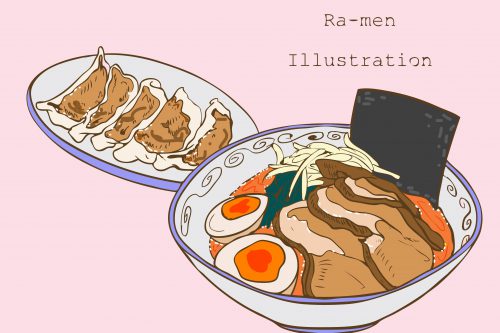




 Yukiko
Yukiko






